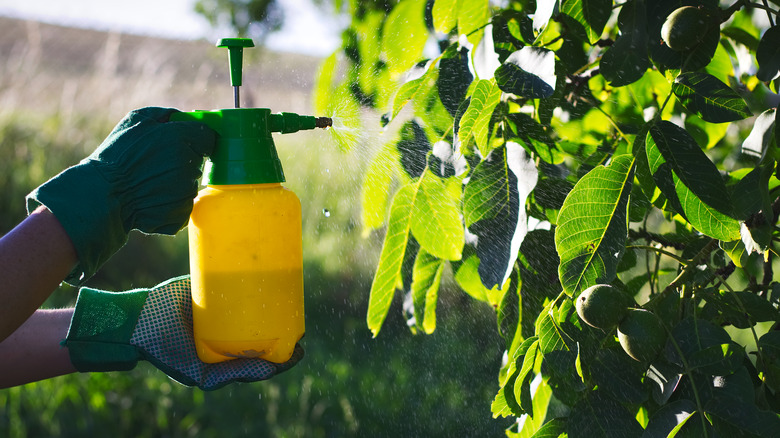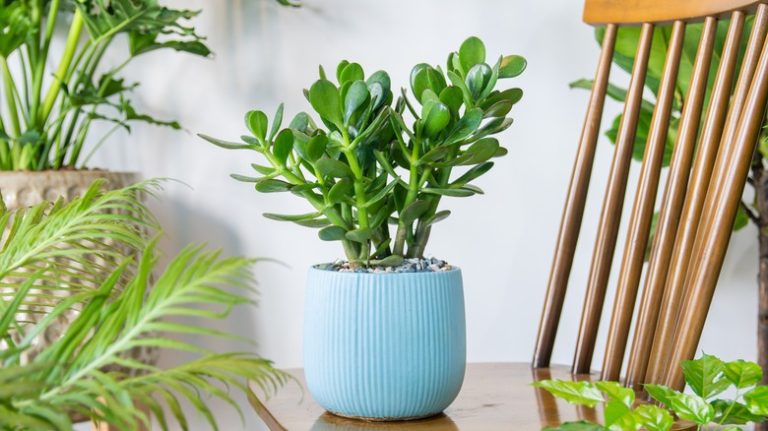It seems like you can’t have a garden without aphids flocking to your plants. If you have to deal with frequent outbreaks, you might not be too keen on using synthetic chemical pesticides, but natural remedies can be hit or miss in terms of success. What’s a gardener to do? Luckily, there’s a natural ingredient that has been proven to get rid of aphids for good, and that’s cayenne pepper.
It’s all thanks to the chemical capsaicin — the component in peppers that makes them spicy, and also the reason why your eyes burn when you rub them after handling peppers. While it’s only a mild to moderate burn for you, it disrupts an aphid’s nervous system by damaging cells, causing them to die. Capsaicin has the same effect on other pests, including thrips, whiteflies, and spider mites, making it a good all-purpose pest control in the garden. Just be sure to keep hot peppers away from beneficial insects like bees since capsaicin is toxic to them, too.
A simple spray to keep aphids away

Although cayenne pepper is one of the more popular options for getting rid of aphids, you can use just about any form of spicy pepper to make your aphid-repelling spray. The spray doesn’t require much at all. At the bare minimum, you only need to blend water and chopped peppers, let the solution sit, and then strain out the pepper remnants. You can also use a more involved recipe that includes a dozen cloves of garlic, half a dozen chili peppers, 2 cups of water, and 1 tablespoon of castile soap. Garlic is an excellent pest control ally and can keep insects away for hours at a time, so it’s a great ingredient to add to your spray to give it repelling power.
Blend all ingredients (except the soap) in a blender and let the mixture sit for at least a few hours. The pieces will settle at the bottom, but you only need the liquid. Strain the liquid into a spray bottle, add the soap, and then give it a shake and get to spraying. The mixture will last for up to a few months. Although this is a natural remedy, be sure to practice caution when applying this DIY spray. Inhaling capsaicin spray can cause coughing, and irritation in the nose and eyes, and may temporarily distort vision, both for humans and animals, per the National Pesticide Information Center.


